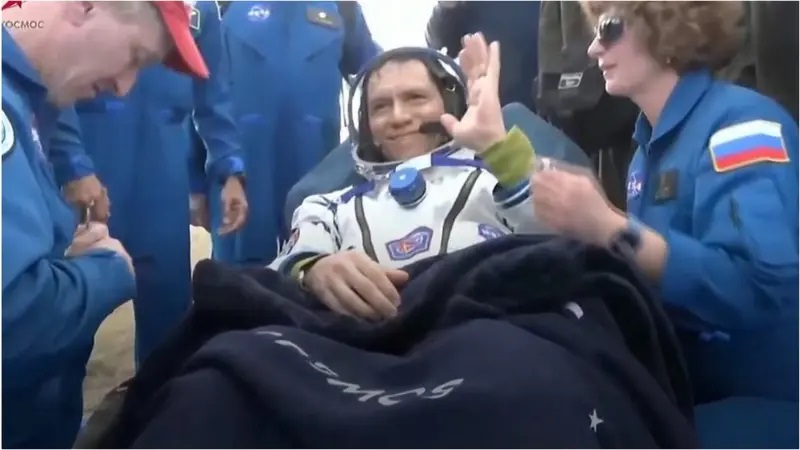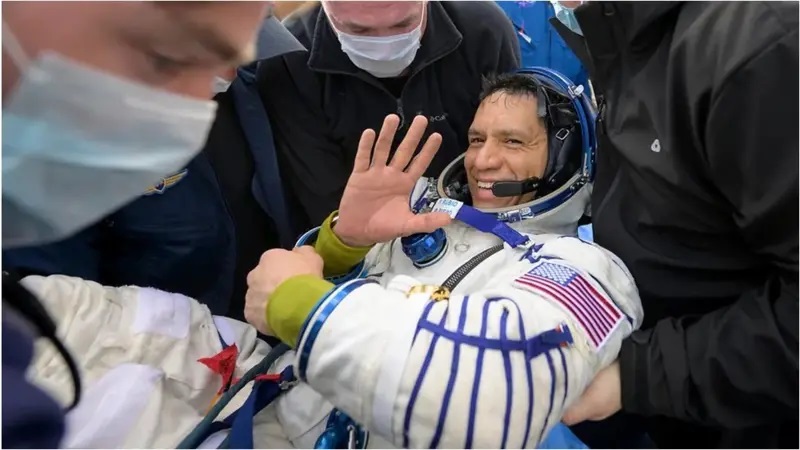The current record for a single space mission by an American astronaut is 371 days. Prolonged orbital flights significantly impact astronauts' bodies, affecting muscles, bones, brains, and gut bacteria. NASA astronaut Frank Rubio's mission, initially planned for a shorter duration, was extended due to a coolant leak, surpassing the previous American record of 355 days. During his time in space, Rubio orbited Earth 5,963 times, covering 157.4 million miles (253.3 million kilometers). Rubio was carried out of the spacecraft with a radiant smile. After spending 371 days in space, Rubio said, "It's good to be home."
Rubio was carried out of the spacecraft with a radiant smile. After spending 371 days in space, Rubio said, "It's good to be home."
This extended mission provides valuable insights into how the human body copes with long-term space flight. Prolonged microgravity exposure leads to muscle and bone loss, height increases, and vision changes. Despite daily exercise routines, muscle mass and bone density decrease. Astronauts like Scott Kelly experienced weight loss and changes in gut bacteria composition. Space travel also affects cognitive abilities and gene expression, posing challenges for future missions to Mars, which are expected to last over three years. Understanding these effects is crucial for preparing astronauts for extended stays in space and ensuring their health and safety on long-duration missions.







